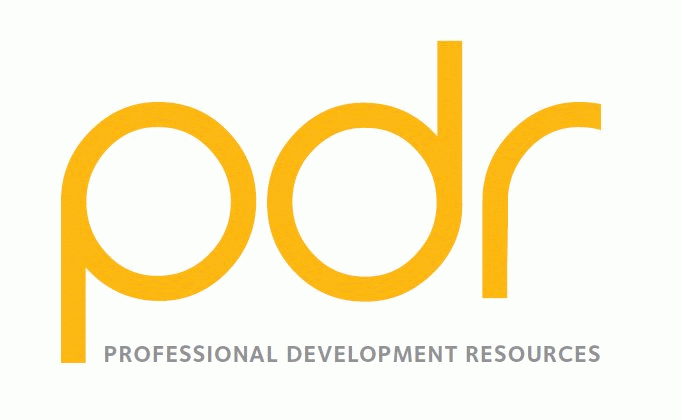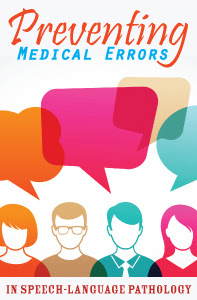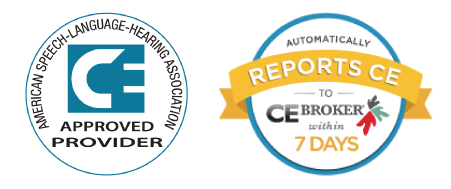Course excerpt from Ethics & Risk Management: Expert Tips 8
 Retiring is a huge step, professionally, financially and personally. It requires thought, reflection and planning. Like starting our careers, for the most part the decision to retire should both make sense and feel right. It should ideally be a decision of the head and the heart.
Retiring is a huge step, professionally, financially and personally. It requires thought, reflection and planning. Like starting our careers, for the most part the decision to retire should both make sense and feel right. It should ideally be a decision of the head and the heart.
The professional aspects include preparing ourselves emotionally, preparing our clients and getting numerous ducks in a row. Once we have decided to retire and feel confident it is right for us, we need to address these aspects.
Preparing Ourselves Emotionally
This might not sound like much because we have decided it is in our best interest to do so in many cases. If the decision is based on outside forces, like the needs of a spouse or an illness, then we may have other emotional work to do.
However the decision is made, we must confront two issues, the loss of professional identity and letting our clients down or at least losing those relationships with people for whom we have cared. It is best to work through these issues before sharing our decision with our clients. We have spent our professional lives taking care of our clients and we are about to tell them we are no longer going to do that.
We need to confront our own losses so we can better deal with our clients and their loss. We need to take care of ourselves before we take care of them. A therapist, a supervisor or a peer group are helpful venues for this process. We can talk it out, address our feelings and concerns and prepare ourselves for client reactions, such as anger, disappointment, or worse yet, no reaction. (Maybe they are glad or relieved we are going.)
Preparing our Clients
The APA Ethical Principles (Standard 10.10 (c) Terminating Therapy) requires that we provide pretermination counseling for our clients when ending treatment. Part of our retirement plan should include a timeline for telling clients because some may need more time than others to address termination issues.
For me it was important that clients hear it from me and not anyone else. I gave a few clients six months’ notice and one client even more because a new, serious issue had arisen and I didn’t think it could be addressed in the time left. I informed the client of my plans and gave the client the choice of working with me until I retired or start this new issue with someone else.
I then took one month to inform the rest of my clients, so everyone had at least three months’ notice. This gave us time to wrap up some issues, review our work together and plan for additional treatment, either immediately or in the future.
It was helpful to me to write a letter to give to my clients at our last session. It included a personal note as well as the names of three professionals whom they could contact for treatment. I placed a copy of the letter in their files.
(I transitioned some clients with the new therapists and wrote letters to the colleagues I had listed letting them know of my retirement and that some clients may contact them for treatment. I included information on how to contact me, along with blank Release of Information Authorizations.)
Getting Ducks in a Row
This includes things ranging from moving out of our office, stopping or changing services such as liability insurance, professional memberships, phone, internet, ads and websites and notifying collaborating professionals. Ethically, and in many cases, legally, it includes record keeping issues. APA Ethical Principle (Standard 6.01 Documentation of Professional and Scientific Work and Maintenance of Records) requires that we maintain records in such a way that they can be used by additional therapists to ensure continuity of care and we must securely store our files and keep them for a time specified in state regulations.
We must also adhere to state regulations regarding the closure of a practice. For example, in New Jersey we must place an ad in an appropriate newspaper once a month for three months, starting with the first month after we have closed our practice. The ad must include information about where clients may contact us if they want their records.
Finally, with all the tasks and changes surrounding retirement we should make sure we have revised our professional wills. The revised will should include how to access our records with instructions for their appropriate and timely disposal. Once the i’s have been dotted and the t’s crossed, enjoy!
Ethics & Risk Management: Expert Tips 8 is a 3-hour online continuing education (CE) course that addresses a wide variety of ethics and risk management topics, written by experts in the field. Course #30-99 | 2017 | 49 pages | 20 posttest questions
—
Professional Development Resources is a nonprofit educational corporation 501(c)(3) organized in 1992. We are approved to sponsor continuing education by the American Psychological Association (APA); the National Board of Certified Counselors (NBCC); the Association of Social Work Boards (ASWB); the American Occupational Therapy Association (AOTA); the American Speech-Language-Hearing Association (ASHA); the Commission on Dietetic Registration (CDR); the Alabama State Board of Occupational Therapy; the Florida Boards of Social Work, Mental Health Counseling and Marriage and Family Therapy, Psychology & School Psychology, Dietetics & Nutrition, Speech-Language Pathology and Audiology, and Occupational Therapy Practice; the Ohio Counselor, Social Worker & MFT Board and Board of Speech-Language Pathology and Audiology; the South Carolina Board of Professional Counselors & MFTs; the Texas Board of Examiners of Marriage & Family Therapists and State Board of Social Worker Examiners; and are CE Broker compliant (all courses are reported within a few days of completion).
Target Audience: Psychologists, Counselors, Social Workers, Marriage & Family Therapist (MFTs), Speech-Language Pathologists (SLPs), Occupational Therapists (OTs), Registered Dietitian Nutritionists (RDNs), School Psychologists, and Teachers






 This articles talks about how teletherapy is becoming much more mainstream – fast. Also notable is that more states are requiring health insurers to cover telemedicine, or virtual doctor visits by phone, text, or video link.
This articles talks about how teletherapy is becoming much more mainstream – fast. Also notable is that more states are requiring health insurers to cover telemedicine, or virtual doctor visits by phone, text, or video link.






























